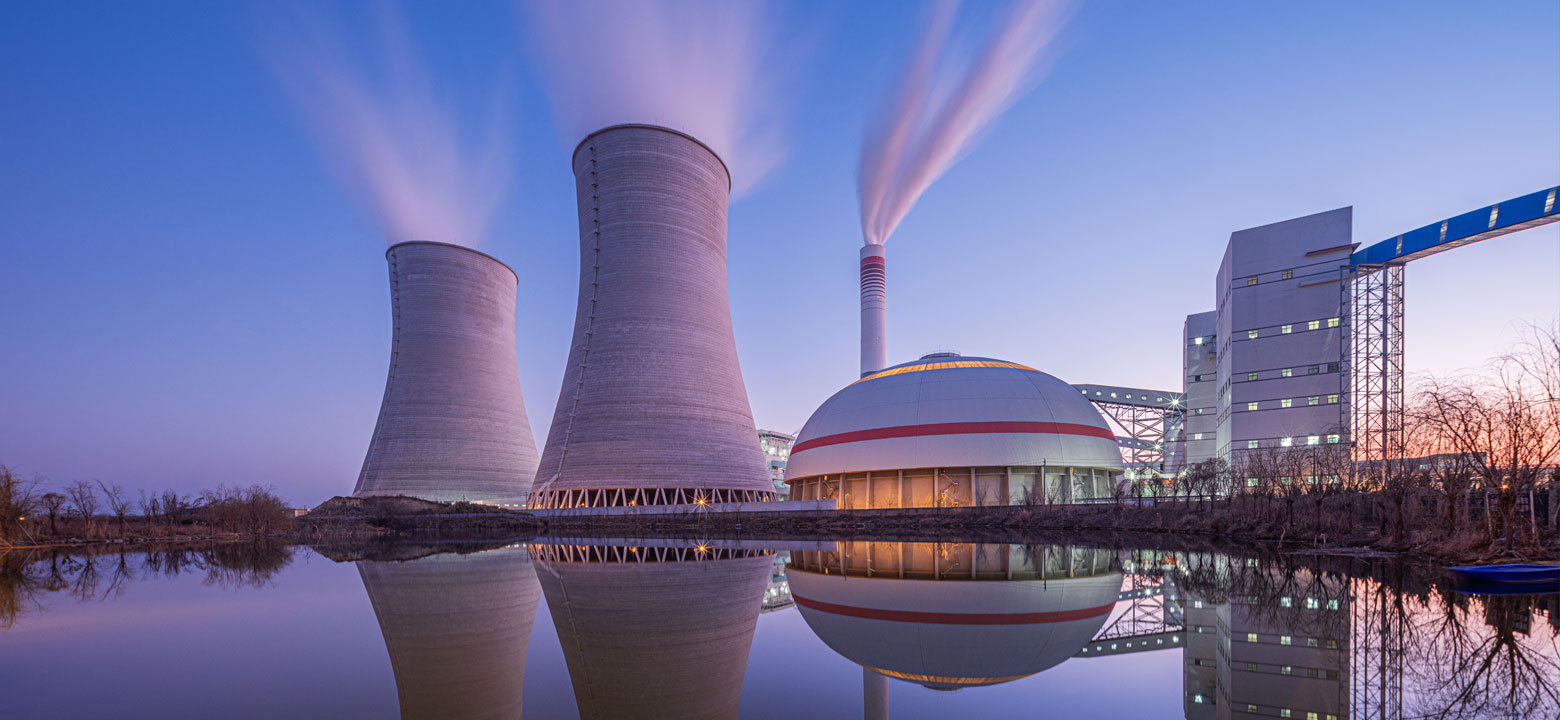
As more places attempt to reduce their use of fossil fuels, they explore alternatives. While most people's idea of “clean” energy encompasses renewables like wind, solar, geothermal, or hydro power, proponents of nuclear energy are quick to point out its efficiency, reliability, lack of emissions, and ability to support the existing power grid. Meanwhile, detractors voice concerns about the risk of meltdowns and the impact of nuclear waste. What's the verdict? Is nuclear energy clean or not?
Nuclear power does have an impact on the environment. The thing is, all energy sources do. Solar panels require the use of nonrenewable materials and energy to produce, and so do wind turbines. Hydroelectric power requires the use of dams, which divert the flow of water from its natural path and harm the ecosystems that depend on it. There simply is no source of energy that has absolutely no impact on the environment, not even the most clean, renewable power out there. Everything requires some form of technology to harness it, which means taking material from the environment with varying levels of impact.
Once a nuclear plant is built and operational, it has relatively few ongoing emissions. There is a risk of nuclear contamination, as was seen in the Fukushima incident. As a rule, if all goes well, nuclear plants produce a negligible amount of pollution. Particularly when compared to coal or oil, nuclear power produces virtually no particulates or carbon dioxide.
The same can't be said for heat, however. Heat often isn't really given the same weight as environmental pollutants when you look at a power source's impact, but it can harm the surrounding area just the same. Nuclear plants need to be kept cool, and they require large amounts of water to do so. Heat transfers to this water, and the water is returned to the surrounding area, bringing that heat with it. This increases the temperature of nearby bodies of water.
Heat might not sound like much of an environmental problem, but higher temperatures lower the dissolved oxygen capacity of water. It also increases the water's ability to dissolve minerals in the surrounding rock and soil, which alters the delicate chemical balance that resident plants and animals depend on to survive. Heat also spurs the growth of potentially dangerous cyanobacteria, as these single-celled organisms photosynthesize more effectively in warmer waters. These creatures produce toxins that can harm both people and animals.
The other issue is nuclear waste. Some nuclear waste remains radioactive for a long time—long enough that experts have been trying to devise a way to warn future civilizations about nuclear dumping sites. These civilizations may not speak currently known language, so researchers are searching for pictorial and architectural symbols that will serve as an effective warning. Fortunately, this kind of radioactive material only encompasses a small amount of the total waste produced by nuclear power. The rest generally has a short half-life, so it quickly renders itself harmless and inert.
Whether or not nuclear energy is a clean source of power depends on how you look at it. When compared to conventional power like coal or oil, it produces fewer emissions and will contribute far less to climate change. When you judge the overall environmental impact, it does require a lot of water, emit a lot of heat, and require extremely careful handling and strict safety measures. While the likelihood of a nuclear accident that results in environmental contamination is extremely low, it could be a disaster if one were to occur. The same is true if nuclear waste isn't handled properly.
The last factor to consider is the impact in the future. While we may be able to effectively manage nuclear waste today, a future civilization could stumble upon a contaminated site and not realize it, potentially exposing them and the surrounding area to danger. Nuclear power may be clean right now, but there's no guarantee that the waste will be contained in perpetuity.
Nuclear power is cleaner than most other forms of energy, but it's a high-stakes game. While it will contribute much less to climate change than our current conventional power sources do now, and the risk of serious problems is low, the potential damage could be very severe if an accident were to occur. In some contexts, it can definitely be considered a clean source of power. In others, it may be regarded as too risky to safely call clean.